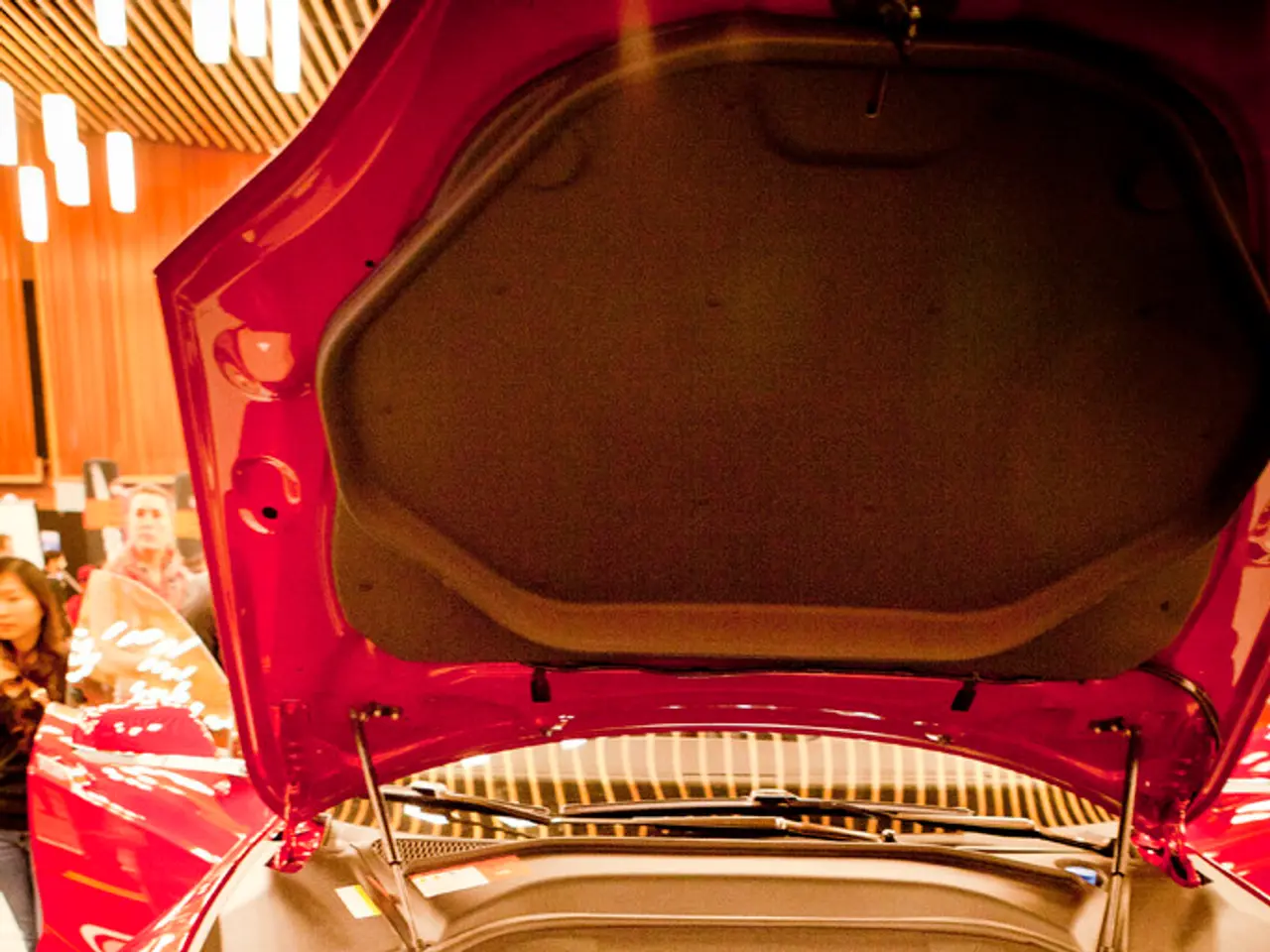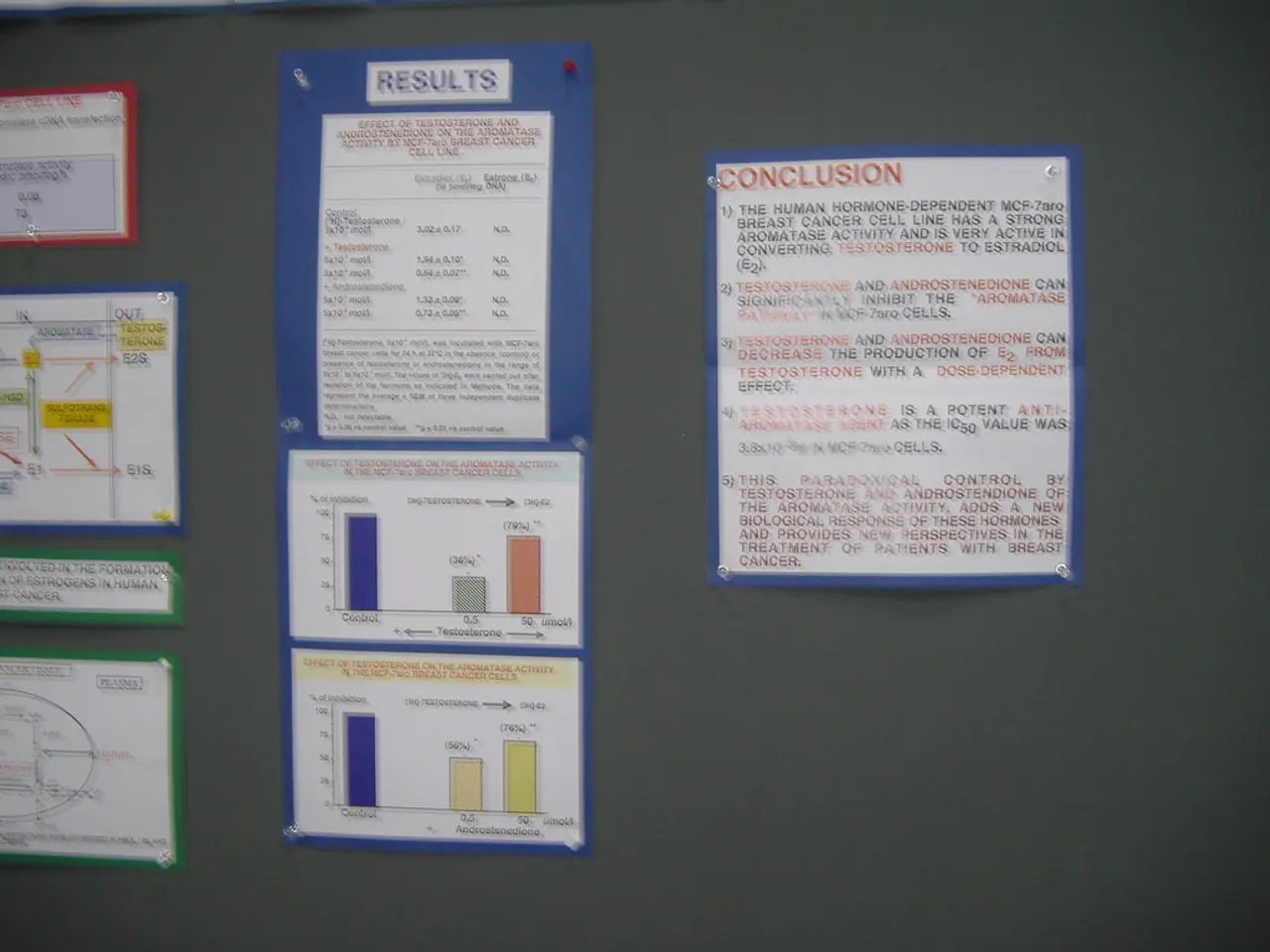Germany surges as European leader in electric cars, attributed to Habeck and Lindner's initiatives?
### Germany Struggles to Meet Electric Car Adoption Goals
Germany, a global leader in the automotive industry, is facing challenges in its transition to electric mobility. The current number of electric cars in the country is less than ten percent of the stated goal, with only 1.6 million registered as of the beginning of the year [1].
One of the primary obstacles to the adoption of electric cars in Germany is the insufficient charging infrastructure. To address this issue, the government is investing billions into public and private projects, focusing on fast and semi-fast chargers. However, maintaining pace with the rapid growth of EV adoption remains a logistical and financial challenge, particularly outside major cities and along rural highways [1].
Another concern is the cost of electric vehicles, which remains a barrier for many consumers. Although the government has reintroduced targeted purchase premiums and tax incentives, these financial incentives may not fully offset the higher initial investment, particularly for low- and middle-income buyers [3].
The market dynamics also present challenges. Domestic champions like Volkswagen dominate the German EV market, holding a 46% share, while international brands like Tesla have seen their share decline sharply [2]. This market consolidation around local brands may limit consumer choice and could impact price competitiveness. Meanwhile, Chinese manufacturers are gaining ground globally, increasing pressure on German automakers to innovate and reduce costs [3].
The government is also working on new regulations to encourage the use of renewable energy for charging electric cars and to reduce the cost of charging electric cars by subsidizing charging fees [1]. They are also planning to invest €50 billion in expanding the charging infrastructure for electric cars, with a goal of having 100,000 fast-charging points available by 2030 [1].
To improve convenience, the government is encouraging the development of new technologies for faster and more efficient charging of electric cars, as well as the installation of charging points at residential buildings. They are also considering offering tax incentives for businesses that invest in electric vehicle charging infrastructure [1].
Despite these efforts, the transition towards electric mobility in Germany is facing challenges. Success will depend on sustained investment, smart policy frameworks, and innovation in both technology and consumer experience [1][3]. While progress is evident, the road to full electrification remains complex, especially as the automotive market globalizes and consumer expectations evolve.
#### References
1. European Commission. (2021). European Green Deal: Fit for 55 - Proposals to revise key EU legislation in the areas of the energy union and climate change. https://ec.europa.eu/info/strategy/priorities-2020-2024/european-green-deal/actions/fit-55-proposals-revise-key-eu-legislation-areas-energy-union-climate-change_en
2. Federal Ministry for Economic Affairs and Climate Action (BMWK). (2021). Market share of electric vehicles in Germany. https://www.bmwk.de/Redaktion/DE/Themen/Statistik-und-Fakten/Fahrzeugstatistik/Verkehrsstatistik/Marktanteile-elektrische-Fahrzeuge.html
3. Federal Ministry of Transport and Digital Infrastructure (BMVI). (2021). Strategy for the expansion of the charging infrastructure for electric vehicles. https://www.bmvi.de/SharedDocs/DE/Artikel/DE/Themen/Strom- und-Fahrzeugtechnik/Ladestationen/Strategie-fuer-den-Ausbau-des-Ladestromnetzes-fuer-elektrische-Fahrzeuge.html
- The automotive industry, a significant sector in Germany, is struggling to meet the country's goals for electric car adoption, with less than ten percent of the target reached so far, primarily due to insufficient charging infrastructure.
- The German government is investing billions to expand the charging infrastructure, not only in urban areas but also along rural highways, hoping to keep pace with the increasing adoption of electric vehicles (EVs) in finance and energy sectors.
- Despite government incentives, the high cost of electric vehicles remains a barrier for many potential buyers, particularly low- and middle-income consumers in the lifestyle market.
- As the market for electric vehicles evolves, global competition in the automotive industry intensifies, with German brands like Volkswagen facing challenges from international brands like Tesla, as well as growing competition from Chinese manufacturers.




